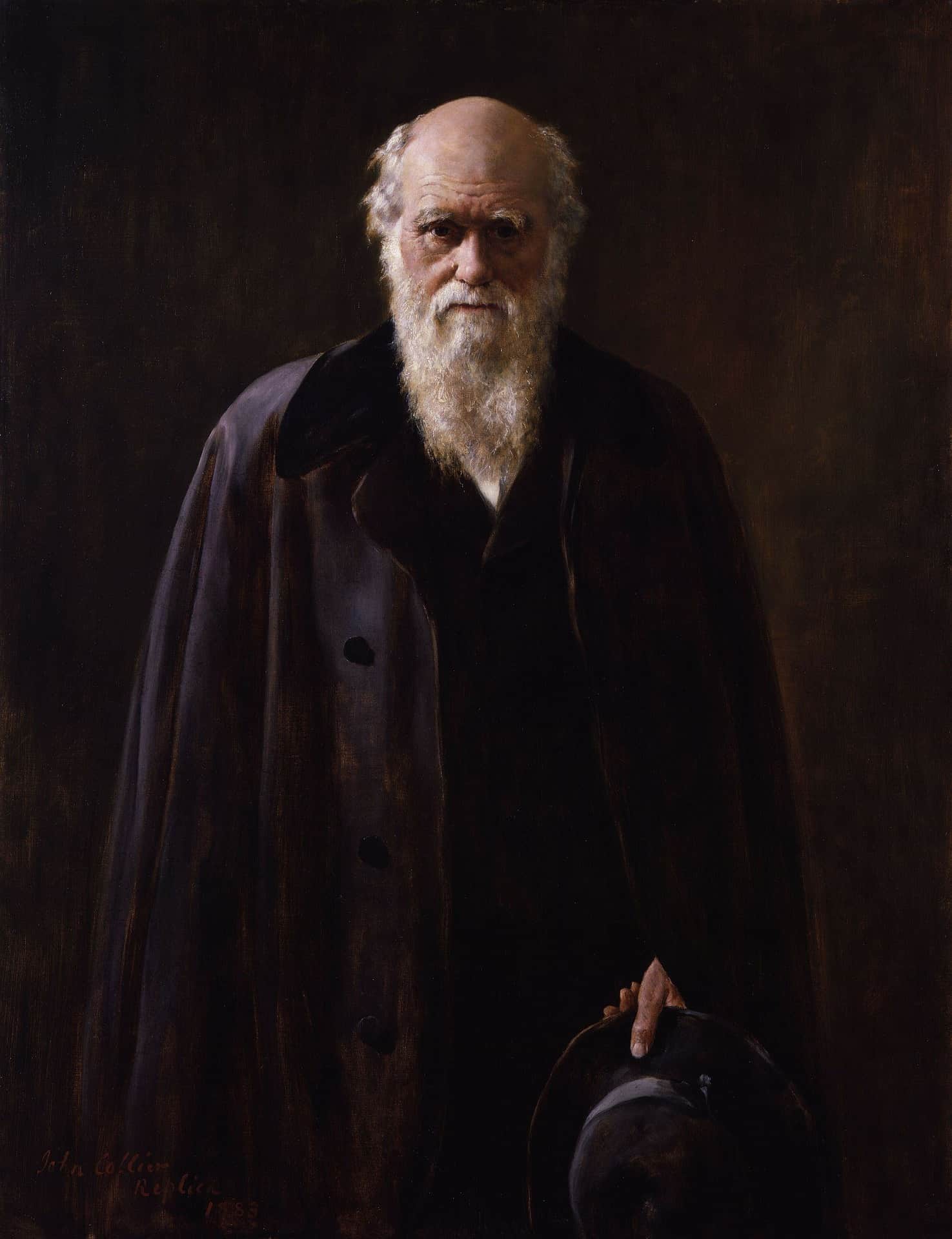Psychology of Jealousy
In one line of research guided by evolutionary psychological theory, I examine the psychology of extreme jealousy in intimate partner relationships. Specifically, using data from the Federal Bureau of Investigation’s Supplementary Homicide Reports, I analyzed intimate partner homicide brutality as a function of variables including the sex and sexuality of the partners. The results of my thesis project are published in Victims and Violence and I have several other related publications in which I explored domestic violence and hands-on killing methods in intimate partner homicides.

